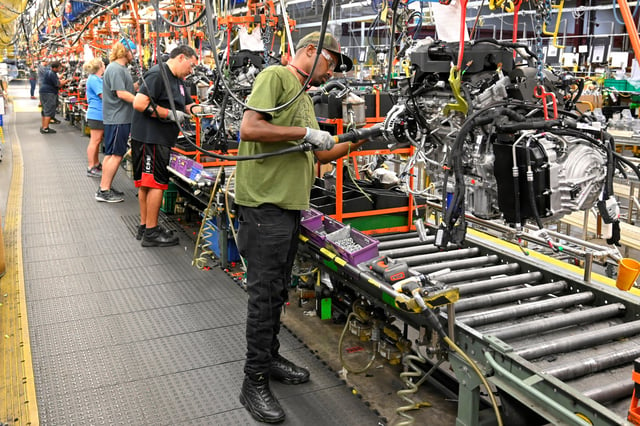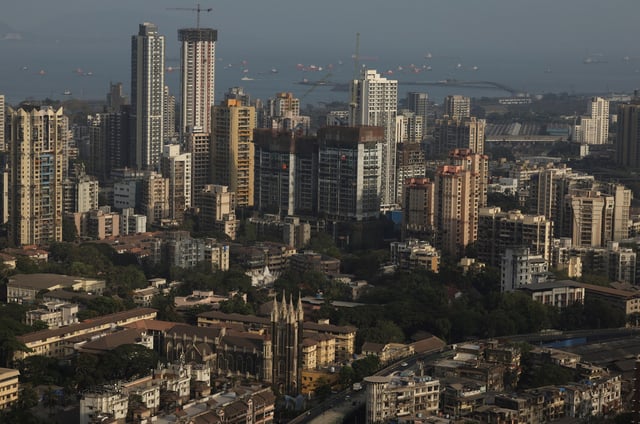Overview
- India's composite PMI reached 60.7 in July, underpinned by its manufacturing PMI at a 17-year high of 59.2, even as inflationary pressures intensified and business confidence fell to its lowest since March 2023.
- Euro zone business activity accelerated to an 11-month high with a composite PMI of 51.0, services PMI at 51.2 and manufacturing PMI lingering in contraction at 49.8.
- U.S. private sector output rose with a composite PMI of 54.6 and services PMI of 55.2, but manufacturing dipped to 49.5 as nearly two-thirds of firms blamed tariffs for higher input costs.
- Japan's manufacturing PMI slid back into contraction at 48.8 on tariff uncertainties, while its services PMI surged to 53.5, marking the fastest expansion in five months.
- UK private sector growth cooled to a composite PMI of 51.0 in July, and its employment index fell to 45.1, indicating the quickest rate of job cuts since February.



